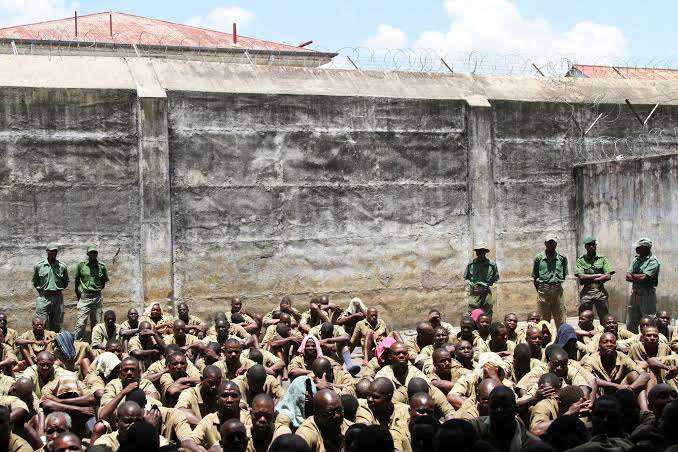The Zimbabwean Senate has passed a bill to abolish the death penalty, marking a significant milestone in the country’s journey toward eliminating capital punishment. The bill, approved on Wednesday night, now awaits the signature of President Emmerson Mnangagwa, a strong opponent of the death penalty, who is widely expected to sign it into law.
This decision comes as Zimbabwe moves to end a practice that has not been implemented since 2005. The hiatus in executions was partly due to a lack of individuals willing to serve as executioners. Historically, hanging has been the country’s method of execution.
President Mnangagwa’s personal history has influenced his stance against capital punishment. During Zimbabwe’s war for independence, he was sentenced to death, but the sentence was later commuted to ten years in prison. Since assuming office in 2017, Mnangagwa has used his executive powers to grant amnesties, converting death sentences to life imprisonment.
Human rights organization Amnesty International has applauded Zimbabwe’s move, urging the president to sign the bill “without delay” and to commute the sentences of over 60 prisoners currently on death row.
Also, read: Chris Brown Arrives in South Africa, Set to Perform Despite Calls for Show Cancellation
Globally, Zimbabwe’s action aligns with a growing trend toward the abolition of capital punishment. Amnesty International reports that three-quarters of the world’s nations have abolished the death penalty in law or practice. However, more than a dozen African countries and over 50 globally still retain the death penalty legally, with some maintaining unofficial moratoriums.
In 2023, Amnesty documented 1,153 executions worldwide, an increase from 883 in 2022. Iran and Saudi Arabia accounted for nearly 90% of all reported executions, while China is believed to execute thousands annually, though exact figures remain opaque. The United States also recorded a rise, with 24 executions in 2023 compared to 18 the previous year.
Zimbabwe’s decision follows similar progress in other African nations, including Kenya, Liberia, and Ghana, which have recently taken steps to curtail or abolish capital punishment. This move not only highlights Zimbabwe’s commitment to human rights reforms but also strengthens its position as a leader in Africa’s push for justice and equity.
The country now awaits President Mnangagwa’s formal endorsement, which would cement Zimbabwe’s place among nations rejecting the death penalty as a tool of justice.

